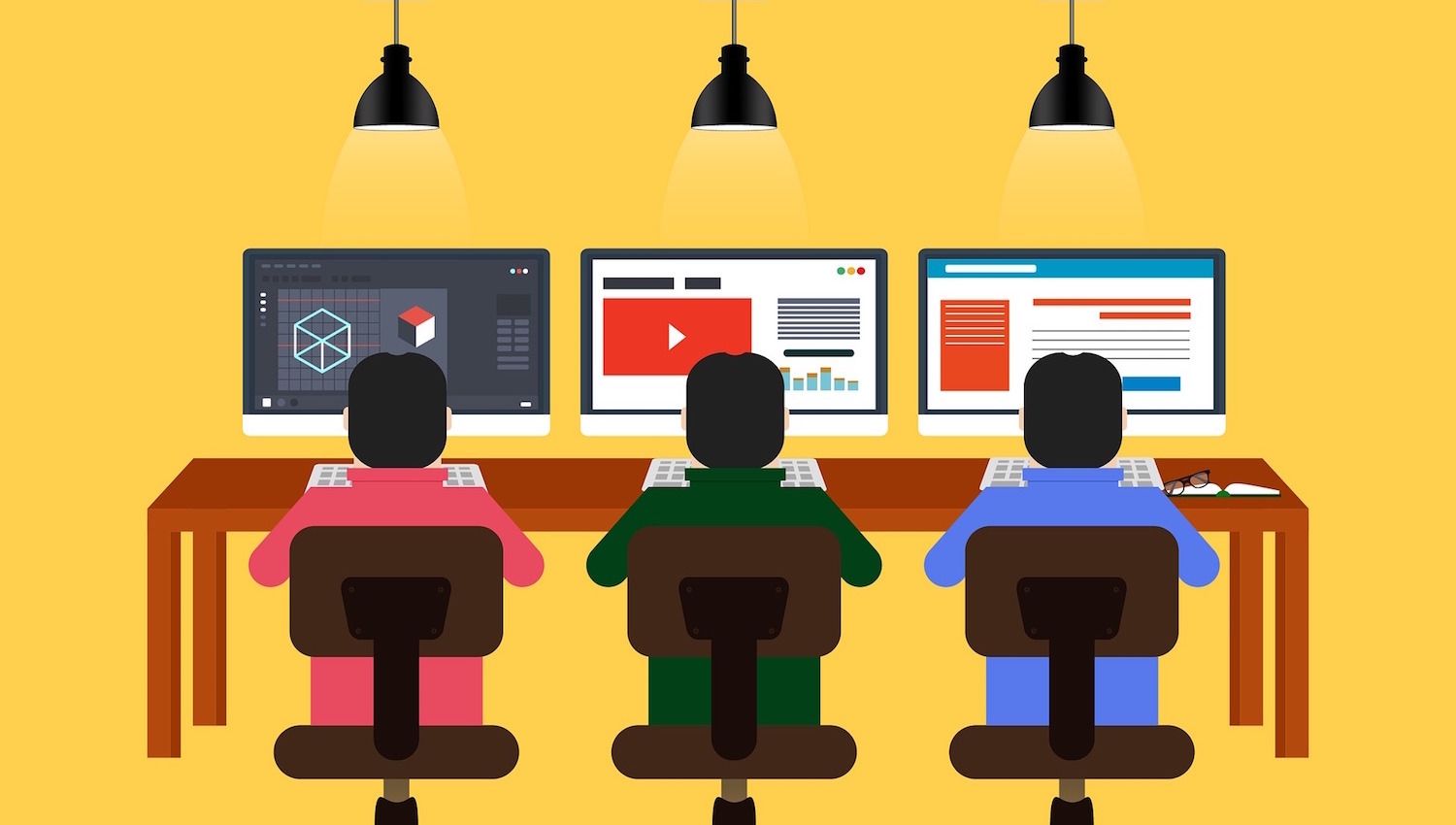Questions about hobbies often come up in job interviews because potential employers want to see if an applicant has a healthy work-life balance and gauge whether their activities may interfere with their duties. It’s also helpful if someone’s interests align with a company’s values.
If you’re working toward a cybersecurity career or have one now, certain pastimes could give you an advantage over others, whether in a workplace, academic setting, or elsewhere. Here are six cybersecurity hobbies worth pursuing.
1. Cybersecurity Capture the Flag Competitions
A cybersecurity Capture the Flag (CTF) contest involves teams working together to find clues or “flags” by using relevant tools and techniques. Each flag has an associated point value, and competitors try to earn as many as possible within a time limit.
Competing in a CTF develops your teamwork skills and cybersecurity prowess. Some companies use CTF events as talent-scouting opportunities, particularly when acting as sponsors.
2. Ethical Hacking
Ethical hacking (or "white-hat hacking") occurs when people get permission to try and break into a company’s systems. They then report their methods and how quickly they accomplished the task. Ethical hackers would ideally find problems before malicious parties do, giving companies time to act.
Some people specializing in ethical hacking recommend having a wide but shallow knowledge pool. This equips them to find issues in cloud software, and so identify vulnerabilities that help malware flourish.
3. Bug Bounty Hunting
Many tech companies offer bug bounty programs that encourage cybersecurity researchers to look for vulnerabilities. Participants receive rewards for uncovering new problems. Microsoft reported that it awarded $13.6 million in a single year to 341 people.
Individuals who work with computer science students stress the ability to solve problems and think outside the box as valuable skills. This hobby develops those competencies and more.
Many companies provide targets to clarify the most desirable bugs to uncover, such as those associated with an app or smart contract. That gives people opportunities to focus on specific areas of interest.
4. Hack the Box
Hack the Box is a platform for cybersecurity enthusiasts that combines hacking with gamification. The online modules cater to individuals, universities, and companies, providing content to help people hone their penetration testing skills.
Think of Hack the Box as a springboard for people interested in hacking who aren’t sure where to start. Besides offering an educational component, there’s a community aspect. For example, people can discuss their methods and get recommendations for different techniques to apply in the future.
The site has some fee-based elements, but you may find them well worthwhile for expanding your skill set.
5. YouTube or Streaming
Cultivating a presence on YouTube, Twitch, or another platform with streaming features is a great choice among potential cybersecurity hobbies. That pastime shows you want to share with others and engage in ongoing dialog with viewers.
Building up a following within the cybersecurity community also indicates that people appreciate and respect your perspectives. Doing a live broadcast rather than recording something to upload later conveys confidence in your skills and ability to keep the audience interested.
6. Mentoring
Employers often prefer to see people with cybersecurity hobbies who assist others. Mentoring is a fantastic possibility, and you can typically do it without being a cybersecurity expert. Serving as a mentor could give someone the motivation they need to stick with their career after becoming discouraged.
The Alta Associates Executive Women’s Forum (EWF) on Information Security, Risk Management, and Privacy has a Lift mentoring program for women in the sector. Audrey Gonzalez was one participant who considered leaving the industry due to struggles with imposter syndrome.
She changed her mind after confiding in her mentor, who shared insights that gave Gonzalez the refreshed perspective necessary to continue.
If you would like a mentor, go to LinkedIn or another cybersecurity resource and build a relationship with a professional you admire. Having a mentor can take your career to the next level—while being a mentor can do exactly the same!
Connect Your Hobbies, Aspirations, and Traits
Discussing cybersecurity hobbies with a potential employer, admissions counselor, or a similar figure is a good starting point. However, it’s best to go further and explain how a particular pastime makes you well-equipped for an opportunity.
For example, talk about how your bug-hunting hobby taught you to stick to a task with limited or no oversight. Alternatively, bring up how your YouTube profile got 1,200 new subscribers in a year. That achievement suggests you understand how to gradually grow an audience and have the motivation needed to do it.
Add helpful context when you talk about your hobbies. People will be more likely to see them as things you enjoy that also make you an asset to others.





